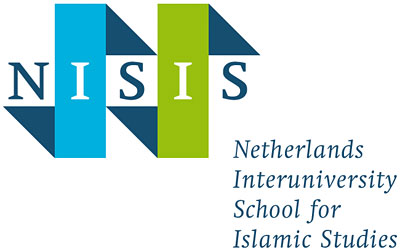News
CALL FOR PAPER – LECTIO INTERNATIONAL CONFERENCE 2022
LECTIO INTERNATIONAL CONFERENCE
Networking through biography. Doctrinal and literary strategies in biographical literature for constructing intellectual networks from Antiquity to the Renaissance. KU Leuven, December 7- 9 december, 2022
Writing biographies or inserting biographical information into other literary genres is a proven way to construct pictures of intellectual (and other) networks. Various types of biography can be distinguished in this respect: encompassing biographies of a particular tradition, in which all the persons mentioned are identified as belonging to that same tradition or school; biographies of an individual, in which information about that person’s network and context is as a rule an integral ingredient; autobiographies, in which the author situates
him/herself into a broader tradition.
A typical example of the first group is the genre of the Successions of Philosophers (e.g. Sotion), but one can cite evidence also for other fields, from rhetoric (e.g. Philostratus), theology (e.g. Palladius), political history (e.g. Petrarca’s Deviris illustribus), jurisprudence (e.g. Tāj al-Dīn al-Subkī’s Ṭabaqat of the Shāfiʿite school), and religious history (e.g. the Liber pontificalis, and the numerous Gesta episcoporum or Gesta abbatum); examples of the second group are manifold (e.g. Marinus, Gregory of Nyssa, Ibn ʿAbd al-Hādī’s biography of Ibn Taymiyya, Leonardo Bruni’s Life of Cicero or certain medieval hagiographies); the third genre is perhaps less developed in the period that is focused on here, but some fine cases can be cited (Nicolaus of Damascus, Gregory of Nazianzus, Guibert de Nogent and Abelard, or al-Ghazālī’s Munqidh). Writing a biography is not a one-time exercise. Many different authors may feel the need to write a biography, for a wide range of purposes and even decades after the subject had passed away. Among the reasons to do so, are the (assumed) urge to update or revise the existing material to meet new needs or expectations.
An international conference will bring together scholars of literature, history, philosophy and theology to explore, in an interdisciplinary and diachronic perspective, the strategies used in biographical writings in a large sense to create intellectual networks. The organizers welcome papers on the relation between biography and networking that cover a very broad period – from Antiquity to the Renaissance in both western and eastern cultural traditions, with the proviso that for the Renaissance the focus should be on how scholars looked back on figures and models from the classical past in writing biographies. We are interested in papers that address topics in any of the three types of biographies mentioned above (schools or traditions, biography of an individual, autobiography) as well as in other literary genres which, at the same time, connect biography with constructing networks. The latter aspect may involve looking at ways to include and exclude persons from a tradition or a school (in- and outgroups), at formats and strategies for “re-writing history” (recovering or reshaping a person for one’s own purposes), and on a more methodological level, at exploring the potential of modern network analysis for studying biographical literature produced in the historical framework the conference is focusing on.
We invite submissions for paper proposals in English, French, or German. Proposals should consist of a (provisional) title, an abstract of 300-400 words, and information concerning your name, current position, academic affiliation and contact details. Accepted papers will be awarded a 30 minutes slot (20 min. presentation + 10 min. for discussion).
Please submit your proposal via email (lectio@kuleuven.be) by January 31, 2022. Applicants will be notified by email within about four weeks from this date. For further questions, please contact Stefan Schorn (stefan.schorn@kuleuven.be).
Organizing committee: Ossama Abdelgawwad, Pierre Delsaerdt, Mark Depauw, Brigitte Meijns, Jan Opsomer, Jan Papy, Arjan Post, Geert Roskam, Stefan Schorn, Jo Van Steenbergen, Joseph Verheyden, Pietro Zaccaria


